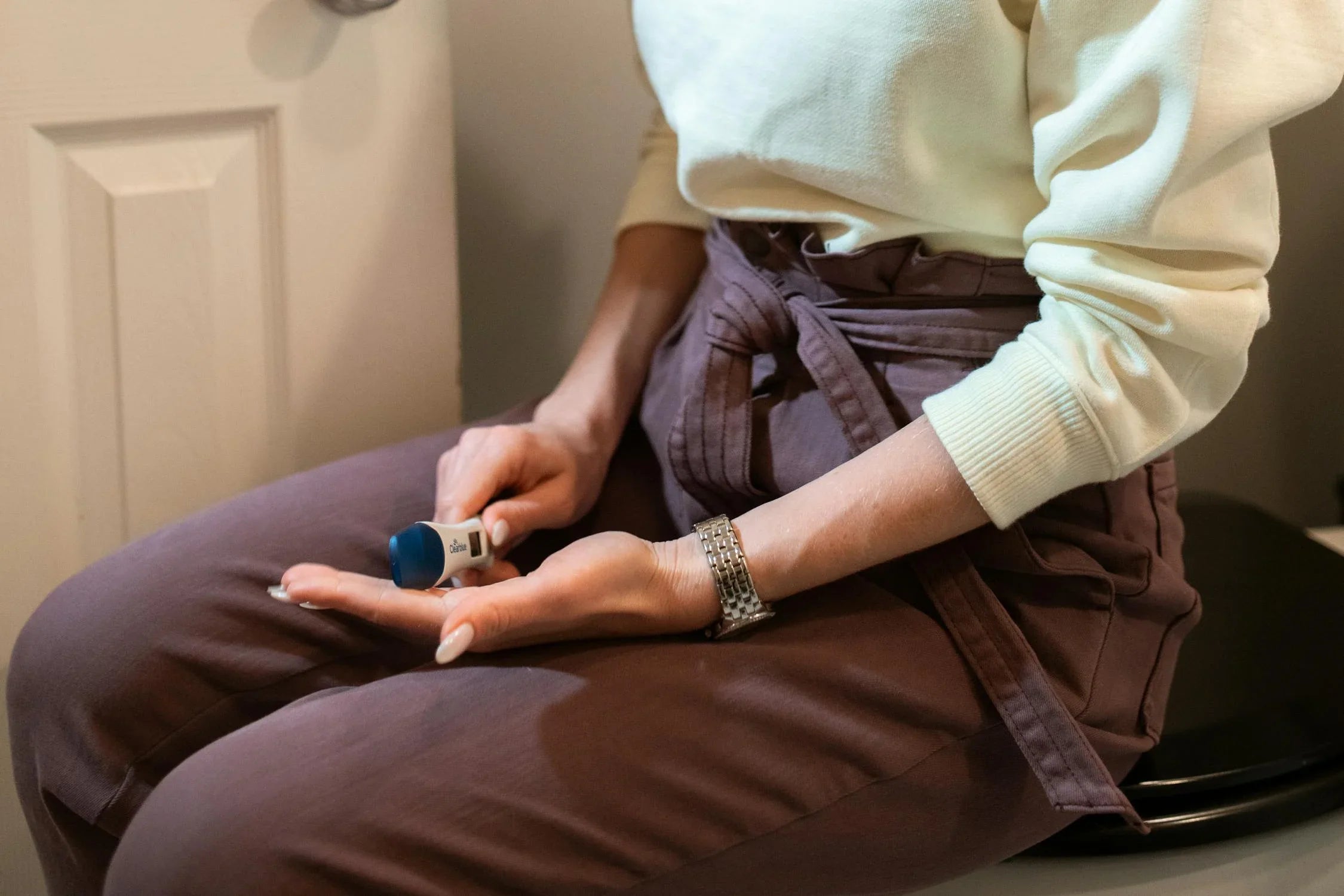Home
Pregnancy, Breastfeeding, and Pumping: The Ultimate Guide for Moms
Can Take Pregnancy Test at Night: What You Need to Know

Can Take Pregnancy Test at Night: What You Need to Know
When it comes to taking a pregnancy test, timing is everything. Many women wonder if they can take a pregnancy test at night and still get accurate results. The short answer is yes, but there are some important factors to consider. This article will explore the science behind pregnancy tests, the best times to take them, and how to ensure you get the most reliable results, even at night.
Understanding How Pregnancy Tests Work
Pregnancy tests detect the presence of human chorionic gonadotropin (hCG), a hormone produced by the placenta after a fertilized egg attaches to the uterine lining. hCG levels rise rapidly in early pregnancy, doubling every 48 to 72 hours. Most home pregnancy tests are designed to detect hCG in urine, and their sensitivity varies depending on the brand and type.
When Is the Best Time to Take a Pregnancy Test?
Traditionally, it is recommended to take a pregnancy test first thing in the morning. This is because urine is more concentrated after a night’s sleep, making it easier to detect hCG. However, this doesn’t mean that taking a test at night is ineffective. If you are further along in your pregnancy, hCG levels may be high enough to detect at any time of day.
Can You Take a Pregnancy Test at Night?
Yes, you can take a pregnancy test at night. While morning urine is ideal, especially in the early stages of pregnancy, modern tests are highly sensitive and can often detect hCG in urine collected later in the day. However, if you test at night, you may need to avoid drinking excessive fluids beforehand, as this can dilute your urine and potentially affect the results.
Factors That Affect Pregnancy Test Accuracy
Several factors can influence the accuracy of a pregnancy test, regardless of the time of day. These include:
- Test Sensitivity: Some tests are more sensitive than others and can detect lower levels of hCG.
- Timing: Testing too early in your cycle can result in a false negative, as hCG levels may not yet be detectable.
- Urine Concentration: Diluted urine can reduce the accuracy of the test.
- Expiration Date: Using an expired test can lead to inaccurate results.
Tips for Taking a Pregnancy Test at Night
If you decide to take a pregnancy test at night, follow these tips to increase your chances of getting an accurate result:
- Limit Fluid Intake: Avoid drinking large amounts of water or other fluids for a few hours before testing.
- Use a Highly Sensitive Test: Choose a test with a low hCG detection threshold.
- Follow Instructions Carefully: Read the test instructions thoroughly and follow them precisely.
- Wait for the Right Time: If possible, wait until you’ve missed your period to reduce the risk of a false negative.
What to Do If You Get a Negative Result
If you take a pregnancy test at night and get a negative result but still suspect you might be pregnant, wait a few days and test again. hCG levels increase rapidly in early pregnancy, so waiting can improve the accuracy of the test. If you continue to experience pregnancy symptoms or have concerns, consult a healthcare professional for further evaluation.
When to See a Doctor
If you receive a positive result on a pregnancy test, schedule an appointment with your healthcare provider to confirm the pregnancy and begin prenatal care. Even if you get a negative result but have persistent symptoms or irregular periods, it’s a good idea to seek medical advice to rule out other potential issues.
Taking a pregnancy test at night is possible, but understanding the factors that influence accuracy is key. By following the tips outlined in this article, you can increase your chances of getting reliable results, no matter the time of day. Whether you’re eagerly hoping for a positive result or simply seeking clarity, knowing how and when to test can make all the difference.
Share
